Obituary: Singer, songwriter Helen Reddy dies, aged 78
A giant of Australian music has departed the stage, as singer-songwriter Helen Reddy died in Los Angeles, aged 78.
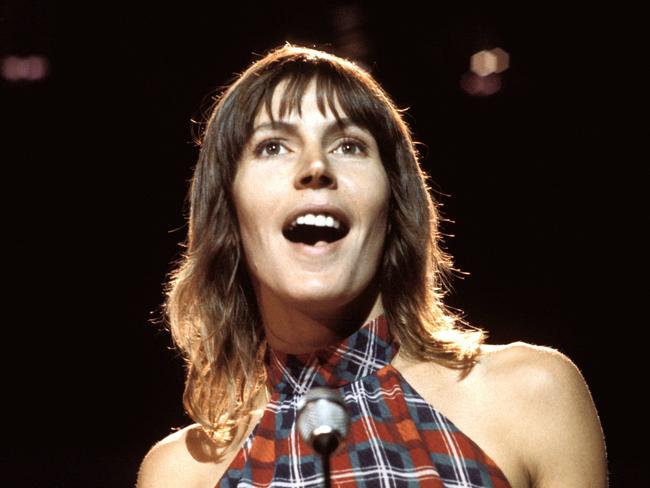
Singer and songwriter. Born Melbourne, October 25, 1941. Died in Los Angeles, September 29, 2020, aged 78.
A giant of Australian music has departed the stage, as singer-songwriter Helen Reddy died in Los Angeles, aged 78.
Best known for her generation-defining feminist anthem I Am Woman, co-written in 1971 with Ray Burton, Reddy’s life story was adapted for the screen by director Unjoo Moon in a film of the same name released in August.
In a statement shared on social media on Wednesday, Reddy’s children Traci and Jordan wrote, “It is with deep sadness that we announce the passing of our beloved mother, Helen Reddy, on the afternoon of September 29th 2020 in Los Angeles. She was a wonderful Mother, Grandmother and a truly formidable woman. Our hearts are broken. But we take comfort in the knowledge that her voice will live on forever.”
After winning a Grammy award in March 1973, Helen Reddy walked onto the stage and looked out at the crowd at the Tennessee Theatre in Nashville. As live television cameras rolled and many of the most influential people in the American recording industry looked on, the Melbourne-born singer thanked several key people — including her husband, “because he makes my success possible” — before smiling and saying, “I want to thank God, because she makes everything possible.”
This controversial moment is a fine lens through which to begin viewing Reddy’s remarkable life, for it exemplifies her defiance, her fearlessness, and her substantial self-belief at a time when many female performing artists found themselves playing second fiddle to their male counterparts. In winning the Grammy for “best pop, rock and vocal performance — female”, the Australian beat the likes of Aretha Franklin, Barbra Streisand and Roberta Flack, and it was fitting that the song in question was named I Am Woman.
Of its genesis, Reddy later reflected, “I thought about the women in my family, how strong they all were. How, during the world wars and the depressions and the pretty-much-useless husbands, they had been the glue that held the family together. I wanted a song that reflected that — that was my idea of womanhood.”
“I realised I was going to have to write it myself,” she said in the 2003 Australian music history book Love is in the Air. “I’d never thought about being a songwriter. I was lying in bed one night and the phrase, ‘I am strong, I’m invincible, I am woman’ kept going over and over in my head. I wasn’t even sure what ‘invincible’ meant, but it sounded like the beginning of something.”
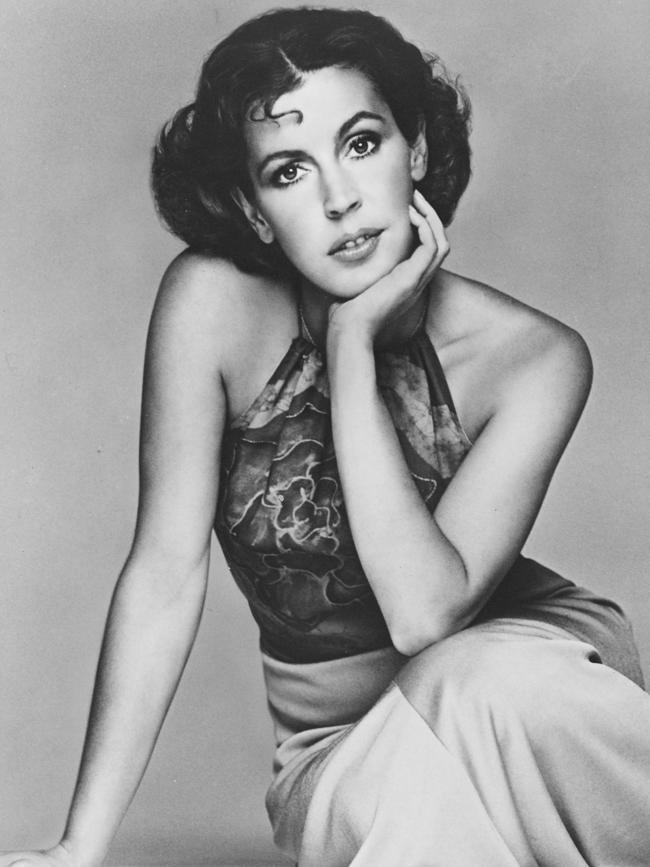
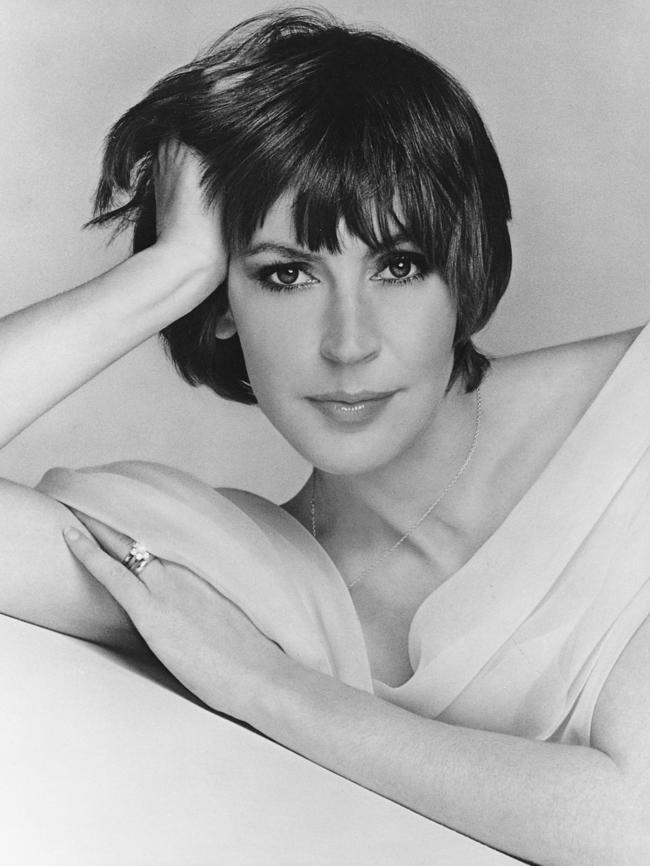
With Reddy’s powerful lyrics — “I am woman, hear me roar / In numbers too big to ignore…” — matched to music written by Ray Burton from Australian pop group The Executives, the song first appeared on her 1971 debut album, where it went largely unremarked.
It wasn’t until an American film studio matched it to the opening credits of a lightweight comedy film about the women’s liberation movement named Stand Up and Be Counted that it found a wide audience. “That version was on my third album and that was the version that became the hit,” said Reddy.
The song went to No 1 in the US in 1972, where it sold 25,000 copies a week at the height of its popularity, with seven out of 10 reportedly being purchased by women. It reached No 1 in Canada and No 2 in Australia.
“There was some hostility from different areas of the media; a lot of men felt threatened by this song, they thought it was anti-man,” said Reddy. “It’s not anti-anything, it’s very pro-female, very pro-empowerment.”
While I Am Woman was undoubtedly the singer’s cultural high-water mark and the contribution for which she will be widely remembered, her career in the performing arts both before and after that single had its peaks and troughs.
She was born Helen Maxine Lamond Reddy in Melbourne in October 1941 to parents who were entertainers, Max Reddy and Stella Lamond. She sang with them on stage as a child, and played virtually every female part on their long-running radio show. She left school at 15 and married an older musician in 1961, but left the relationship when she was three months pregnant with her daughter, Traci.
After working as a singer seven nights a week at the Ritz Hotel in Melbourne, she moved to Sydney at Christmas 1962 and attempted to start again. “I couldn’t register with social service because I didn’t have a permanent address — I was living from one friend’s place to another — and I didn’t want the children’s welfare people to get on to me because of my baby,” she later told the Melbourne Truth.
For a time, she was a self-described Kings Cross beatnik, surviving on milk bottles stolen from homes and stale bread handed out by sympathetic bakers, and living with fellow artists and entertainers.
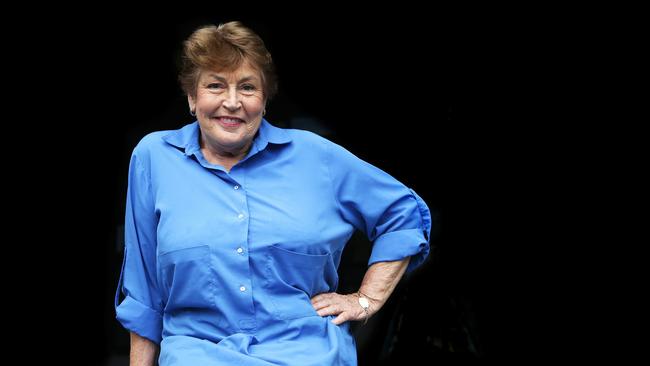
“I wanted to make good on my own,” she told Truth. “If my family had known about the rough time I was having, they would have brought me home... In show business, my father, Max, my mother, Stella and my sister, Toni all made their own way. I’ll do the same.”
Reddy’s big break finally arrived at the end of 1965, when she won the final of the Sydney Bandstand Starflight Talent Quest. First prize included a trip to the US and whispers of a recording contract, but when she arrived with three-year-old Traci and $230 in her pocket, she was disappointed to discover that the cultural whims of the American recording industry in 1966 were strongly against female artists.
Without a work permit, Reddy scraped by as a singer in small country towns where promoters agreed to cover for her. She met Jeff Wald, a theatrical manager whom she married in 1968, and his enthusiasm for her talent led to a deal to record a two-track single for Capitol that included her version of I Don’t Know How to Love Him from the 1970 rock opera Jesus Christ Superstar. Word of mouth spread, thanks in part to friends and relatives phoning into radio stations with song requests.
“Capitol now had a hit artist and no product,” the singer later recalled. “They wanted an album as quickly as possible, so they came to me with a list of what was on the Top 40: ‘We want you to sing all these songs because [we] need recognisable titles’ and blah, blah, blah. I said, ‘No, sorry, but I’ve waited all these years to have an album with my face, my name and my voice on it, and I’m not going to be told what to sing.’”
Her debut album was released in May 1971, when Reddy was 30, and shared its title with her breakthrough single. Sales were lukewarm, but music industry trade magazine Cashbox wrote, “The last time we were enthused about an album by a female vocalist it was Carole King’s Tapestry, and you know what happened with that number.”
At her career peak, Reddy collected eight gold albums in the US, a $1 million annual contract at a hotel and casino in Las Vegas, and commanded $50,000 a night in special appearance fees. She hosted television programs including The Helen Reddy Show and The Midnight Special, and starred in films such as Disney’s 1977 release Pete’s Dragon.
Her son Jordan was born in 1972 and in 1974 Reddy became a US citizen. She later resumed her Australian citizenship when it was possible to hold dual nationality.
Reddy’s second marriage was tumultuous, to say the least. Wald was known for his volatile temper; together, the couple was known as “Rough and Reddy”. Her manager-husband once broke her arm during a violent fight; she had an affair, and they separated for a time before locking themselves in a room and spending three days high on mescaline, exorcising their demons, according to a 1976 report in Woman’s Day.
“I was the abused daughter of an abused mother who was the daughter of an abused mother,” Reddy would tell New Idea in 1995. “The abuse was passed down from generation to generation. It’s a matter of education. It’s also a matter of providing women with support and safe places and not allowing this kind of behaviour, through example, to be passed on to our daughters.”
After her divorce from Wald in 1981, due to his eight-year cocaine addiction, the singer learned about martial arts and produced self-defence videos for women. Her third marriage — to Milton Ruth, who played drums in her band — ended in 1995 after 12 years and she did not remarry.
In 2002, Reddy retired from live performance. She moved from California to Norfolk Island after first visiting in 1984. “The air here is as clean and pure as Antarctica, and I’ll never get tired of these huge skies,” she told The Australian Women’s Weekly in 2002. “I love the size of them and, at night, the way they blaze with stars.”
On Norfolk Island, she worked as a qualified clinical hypnotherapist and lived at a property that was once a nine-hole golf course. For $22, visitors could undertake the Helen Reddy garden and memorabilia tour which offered the chance to eyeball the very first Grammy won by an Australian artist, as well as mementos from a career that included performing with the likes of Ella Fitzgerald, Frank Sinatra and Peter Allen.
Just before she set off overseas in 1966 to achieve international stardom, her father, Max Reddy, told Truth: “Helen was always game. In Sydney she said to me that she’d show them — and she bloody well did.”
Late in life, she was diagnosed with the endocrine disorder Addison’s disease, and later with dementia. She returned overseas to a retirement community in Woodland Hills, California. In 2018, production began on a film about the Australian singer’s life. Its name, of course, is I Am Woman.
“When I look back at my career and what I’ve done, I have no regrets,” she told Ita magazine in 1991. “I am pleased that I have been a positive influence on many women’s lives.”
“That’s how I measure my success,” she said. “Not by how many songs went to number one or how many copies sold, but the lives I managed to touch. Countless women have told me that they went to law school or had the courage to get out of a bad relationship because of my music, and that makes me feel very happy.”
As director and producer of the biographical film I Am Woman — which was released on streaming service Stan last month — Unjoo Moon was entrusted with shaping the singer-songwriter’s story for a lead role played by actor Tilda Cobham-Hervey.
“When I first met Helen Reddy she told me that I would be in her life for many years,” said Moon in a statement on Wednesday. “What followed was an amazing seven-year friendship during which she entrusted me with telling her story in a film that celebrates her life, her talents and her amazing legacy. I will forever be grateful to Helen for teaching me so much about being an artist, a woman and a mother.”
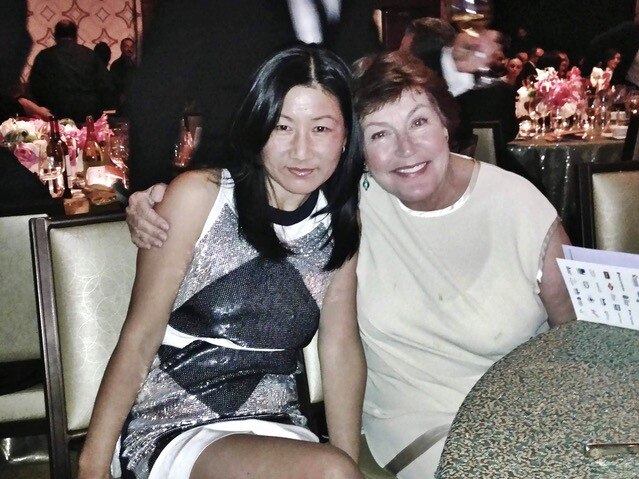
“She paved the way for so many and the lyrics that she wrote for I Am Woman changed my life forever like they have done for so many other people and will continue to do for generations to come,” said Moon. “She will always be a part of me and I will miss her enormously.”
Helen Reddy is survived by her daughter, Traci Donat, and her son, Jordan Sommers.



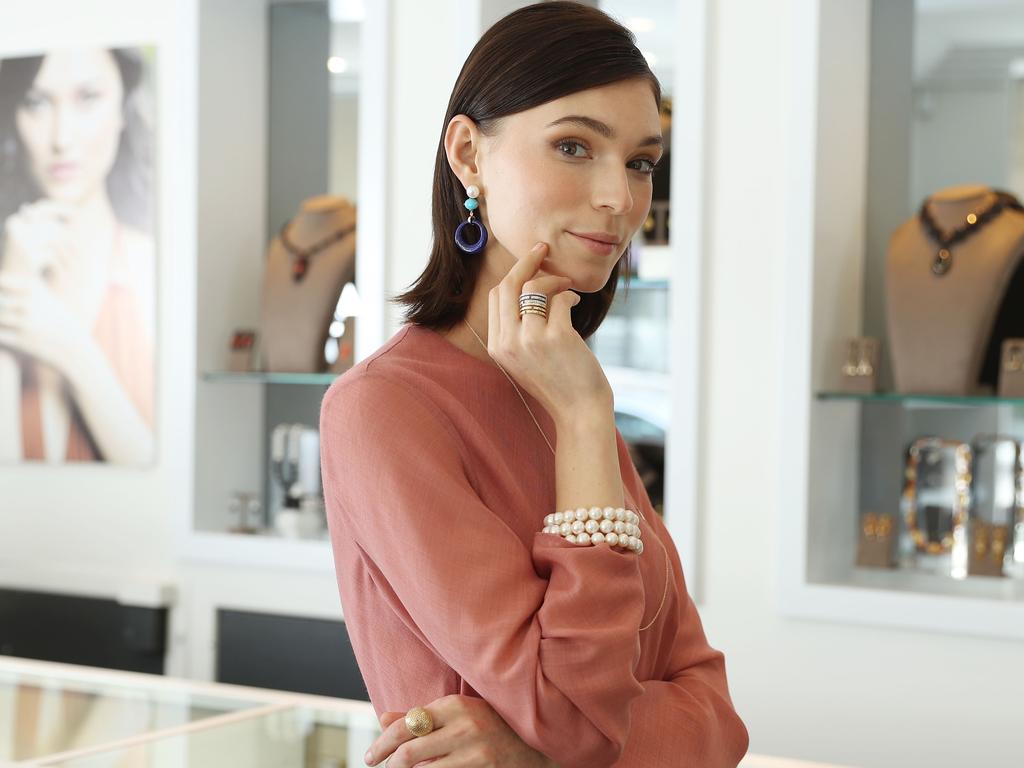

To join the conversation, please log in. Don't have an account? Register
Join the conversation, you are commenting as Logout